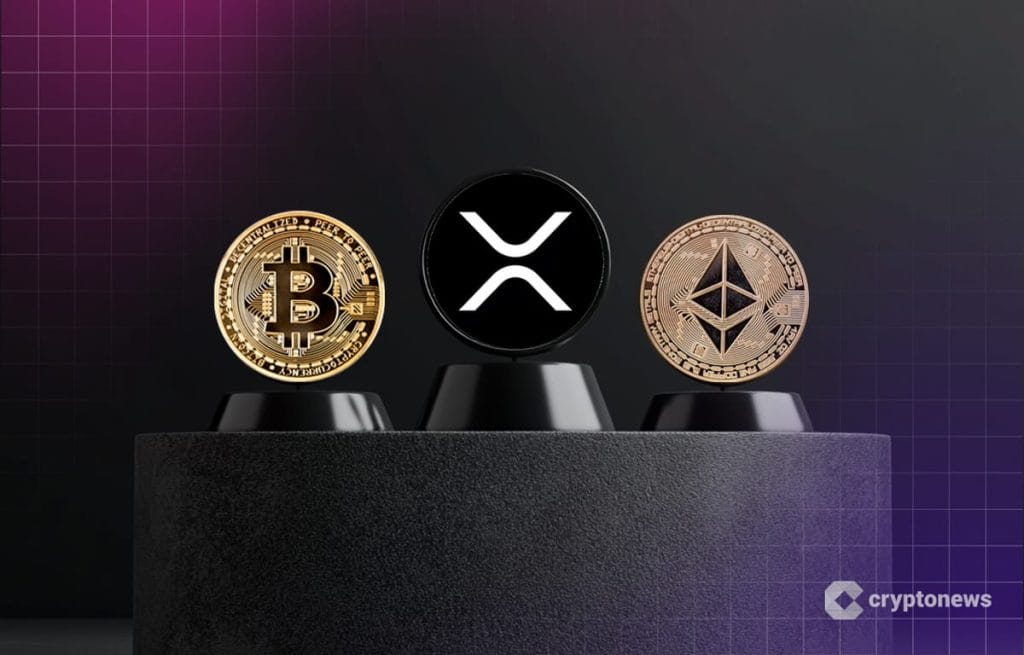Last updated:
 Why Trust Cryptonews
Why Trust Cryptonews

The decentralized finance (DeFi) protocol Threshold has proposed a merger between its Bitcoin wrapper token, tBTC, and Wrapped Bitcoin (WBTC) to prevent a potential takeover by Justin Sun.
The proposal, introduced on August 29, aims to safeguard WBTC following concerns over a possible shift in control of the widely used Bitcoin wrapper.
The concerns stem from a recent announcement by BitGo, the custodian managing the Bitcoin reserves backing WBTC.
Justin Sun Involvement Raises Concerns
On August 9, BitGo revealed plans for a partnership with BiT Global, a Hong Kong-based cryptocurrency exchange.
The partnership is designed to diversify WBTC’s presence beyond the United States.
However, it also involves BiT Global taking partial control of the multisignature wallet that holds the Bitcoin reserves for WBTC.
The involvement of Justin Sun, a controversial figure in the crypto space, has raised alarms within the community, with fears of potential misappropriation of collateral associated with his affiliated projects.
In response, Threshold’s proposal suggests replacing WBTC’s current centralized custody and merchant-based minting and burning model with Threshold’s decentralized custody and permissionless mint/redeem mechanism.
The change would effectively transfer control of WBTC to the Threshold decentralized autonomous organization (DAO), which claims to offer a more secure and transparent management model.
WBTC is the most popular Bitcoin wrapper, with a market capitalization of approximately $9 billion, according to CoinMarketCap.
Bitcoin wrappers like WBTC are ERC-20 tokens that represent Bitcoin on the Ethereum blockchain, allowing BTC to be used in DeFi applications.
Under Threshold’s plan, the DAO would gain full control of WBTC’s minting and redeeming processes, while existing merchants would lose their privileges.
Additionally, Threshold would deprecate its own tBTC wrapper, with tBTC holders given the option to redeem their tokens 1:1 for WBTC or native BTC.
MakerDAO Considers Restricting DAI Minting Against WBTC
MakerDAO is evaluating whether to halt the minting of its DAI stablecoin using WBTC as collateral amid the restructuring plans.
BA Labs pointed to previous issues with TrueUSD, a stablecoin linked to Sun, which they claim faced operational and transparency problems after being sold to a Sun-affiliated group.
These issues included the suspension of real-time proof of reserves, price volatility, and disrupted redemption services.
BA Labs argues that Sun’s involvement in the new WBTC management structure poses a significant risk to MakerDAO.
It suggested that MakerDAO and Spark should consider fully offboarding WBTC unless BitGo and its partners can convincingly demonstrate that the current collateral arrangements remain safe.
Currently, around 10% of DAI’s 5.2 billion token supply is backed by WBTC, with MakerDAO’s vaults holding $500 million worth of the token.
Additionally, $289.3 million worth of WBTC is deposited in SparkLend, accounting for 7% of the protocol’s $4.1 billion in total value locked.
Meanwhile, Justin Sun has addressed concerns about his involvement, stating on social media that his role in WBTC is strategic and that he does not control the private keys to WBTC reserves.





